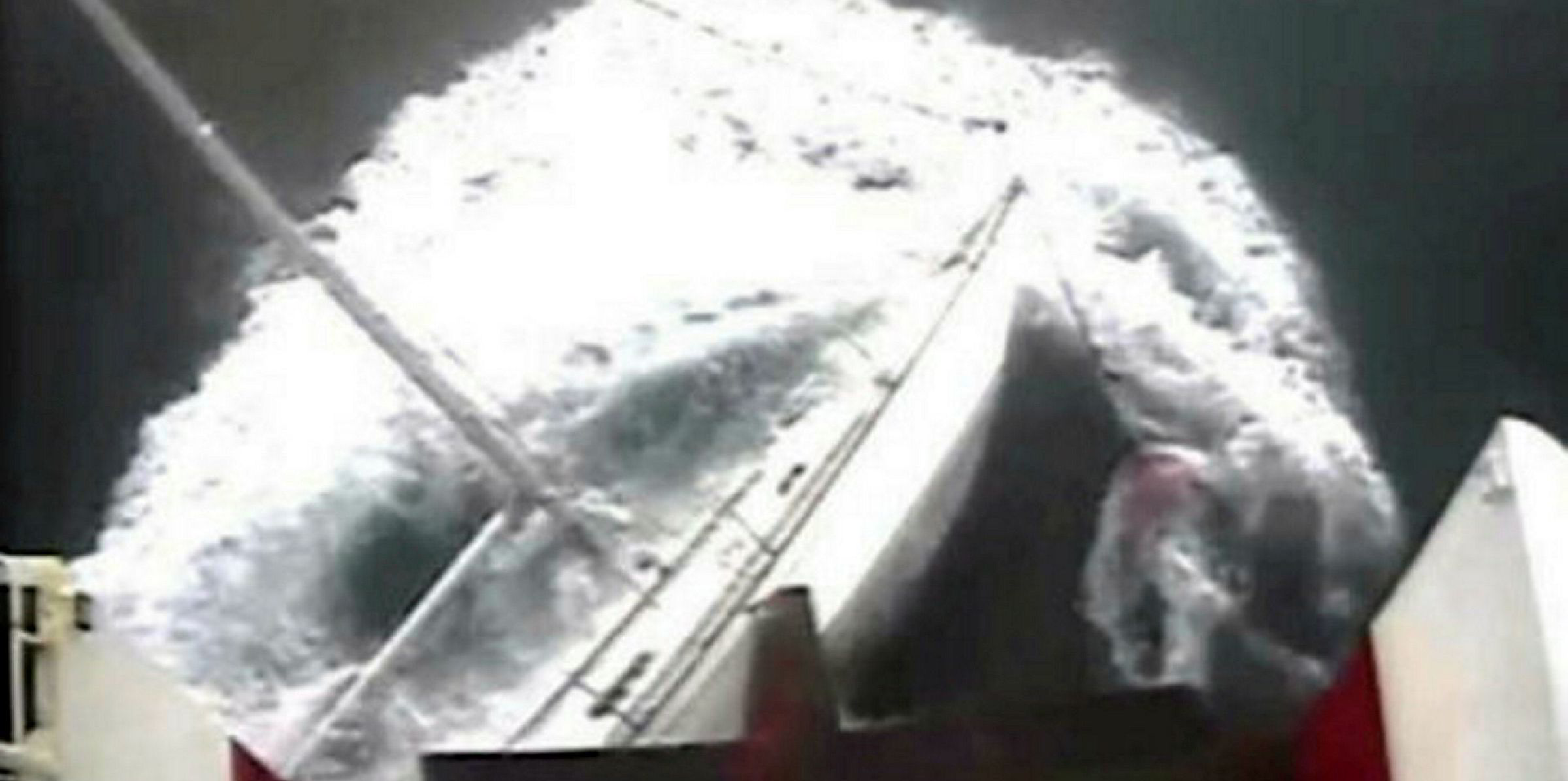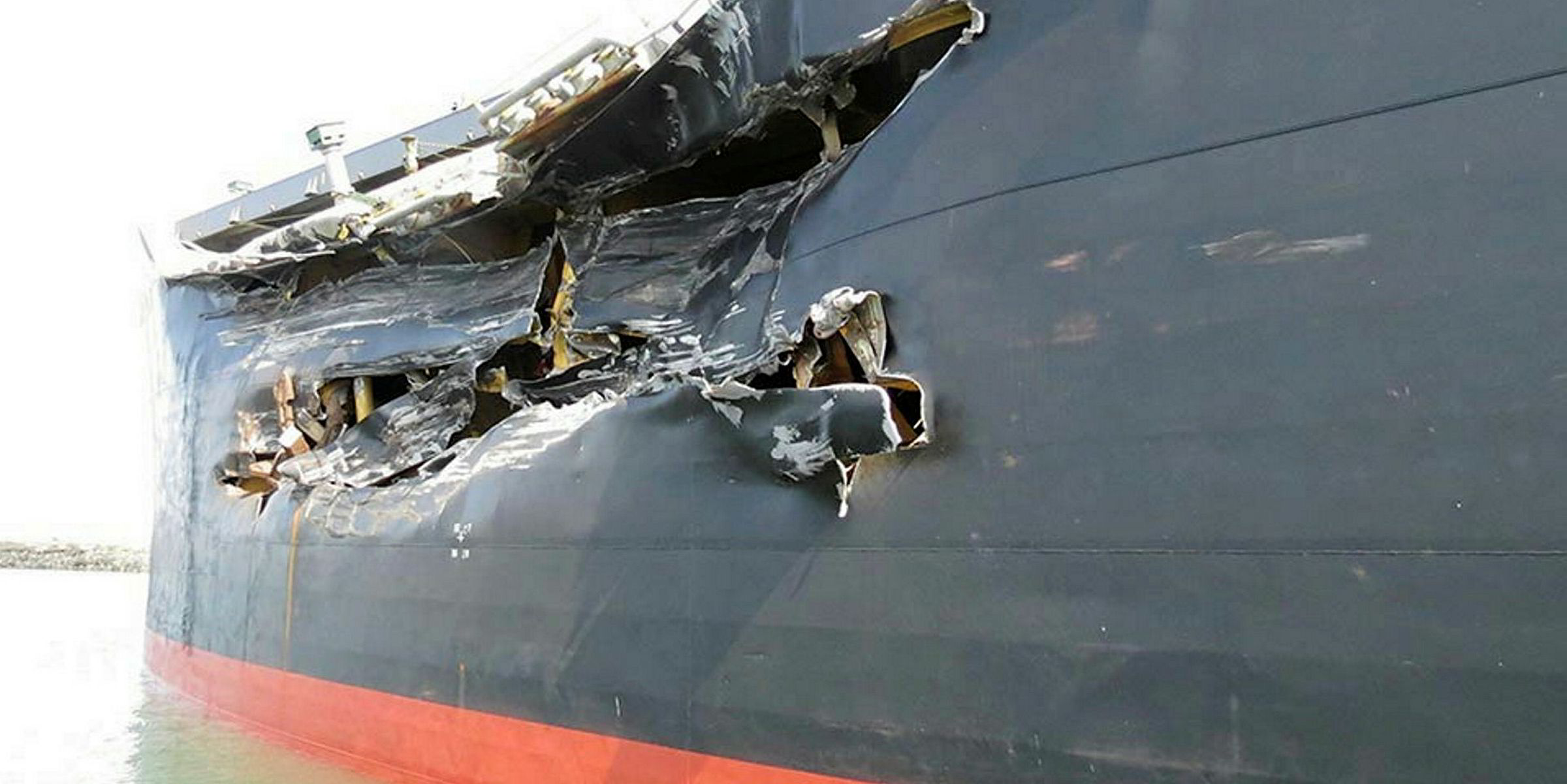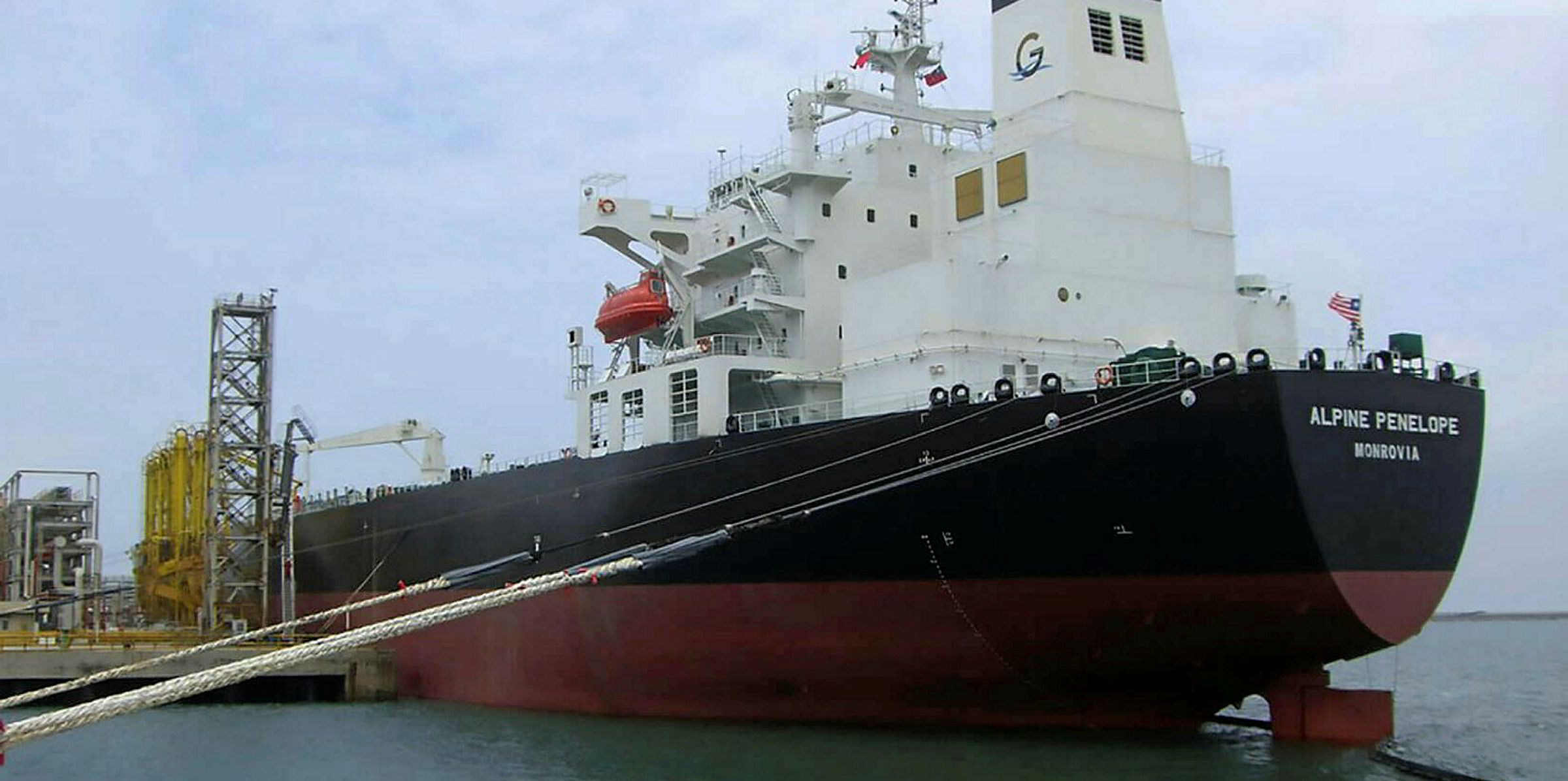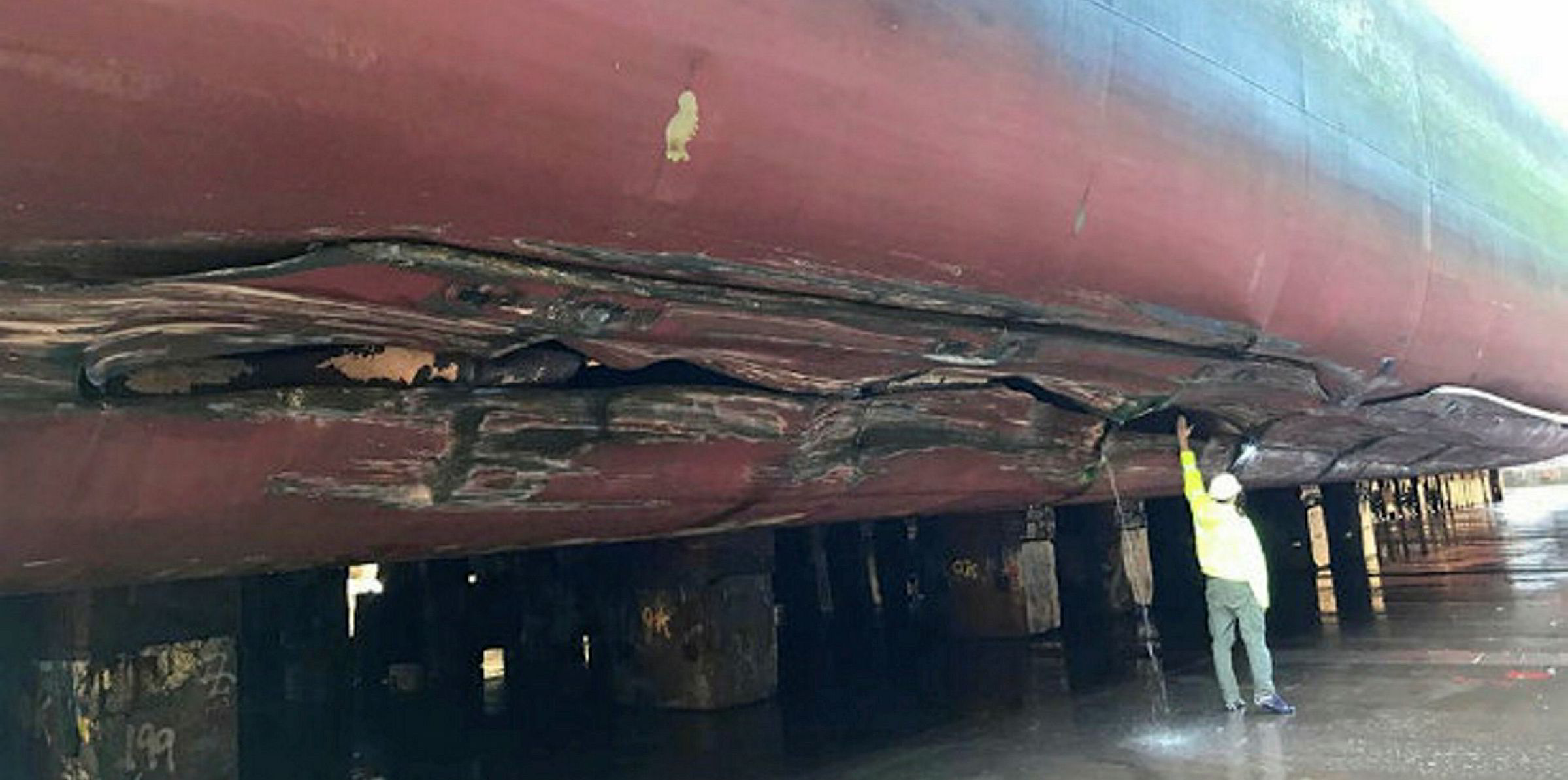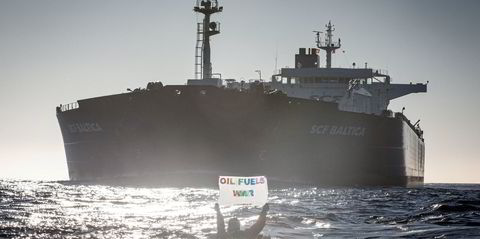A UK ferry smashed into a yacht before grounding after its master became disorientated in poor visibility and steered the ship in the wrong direction.
The accident happened on the morning of 21 October 2018 in Cowes Harbour when operator Red Funnel's 4,100-gt ro-pax Red Falcon (built 1994) collided with and sank a boat called Greylag, which was moored at the time.
Red Falcon passed through the yacht moorings and ran aground in soft mud, the UK Marine Accident Investigation Branch (MAIB) reported.
The ship was re-floated and suffered no damage.
There were no injuries sustained to passengers or crew, and no pollution. Greylag was a constructive total loss.
Red Falcon was entering Cowes in bad fog.
The helmsman experienced difficulty steering due to the lack of visual references and his lack of practice steering by digital compass alone into Cowes Harbour, MAIB said.
Master overloaded
This led to the master taking over control and operating the steering and propulsion himself.
"Critically, the role of keeping an oversight of operations was then lost," MAIB added.
"The poor visibility required the master to rely totally upon his instrumentation. His lack of practice using instruments alone to manoeuvre the ferry resulted in over-correction of steering, which led to the vessel swinging to port out of the channel, ultimately turning through 220 degrees."
The subsequent collision and grounding occurred because the master lost his orientation in the fog and drove the ferry in the wrong direction, MAIB found.
The report said the captain became disorientated because he was suffering from cognitive overload due to high stress, lack of visibility, bridge equipment ergonomics, and the breakdown of support from the bridge team.
The master’s actions and the lack of communication of his intent, resulted in the members of the bridge team becoming disengaged, and this led to an absence of any challenge to the master’s decisions, it added.
Following its own investigations, Red Funnel has taken steps to improve its management processes, equipment and training routines.
Andrew Moll, MAIB's chief inspector of marine accidents, said: "Our investigation highlighted how quickly restricted visibility can negatively affect individuals’ awareness and orientation, which increases their stress and impacts on decision making.
"Crews on vessels of any size can be affected, but the consequences can be mitigated by prior preparation and training, effective teamwork, and a full understanding of the capabilities and limitations of the available instrumentation."
